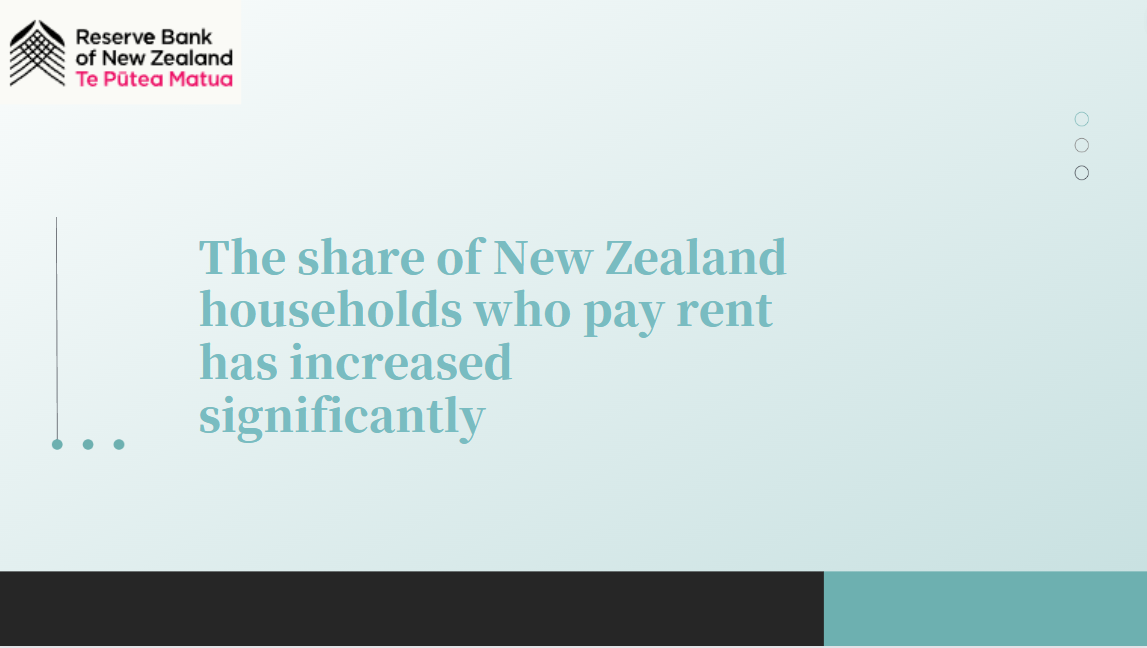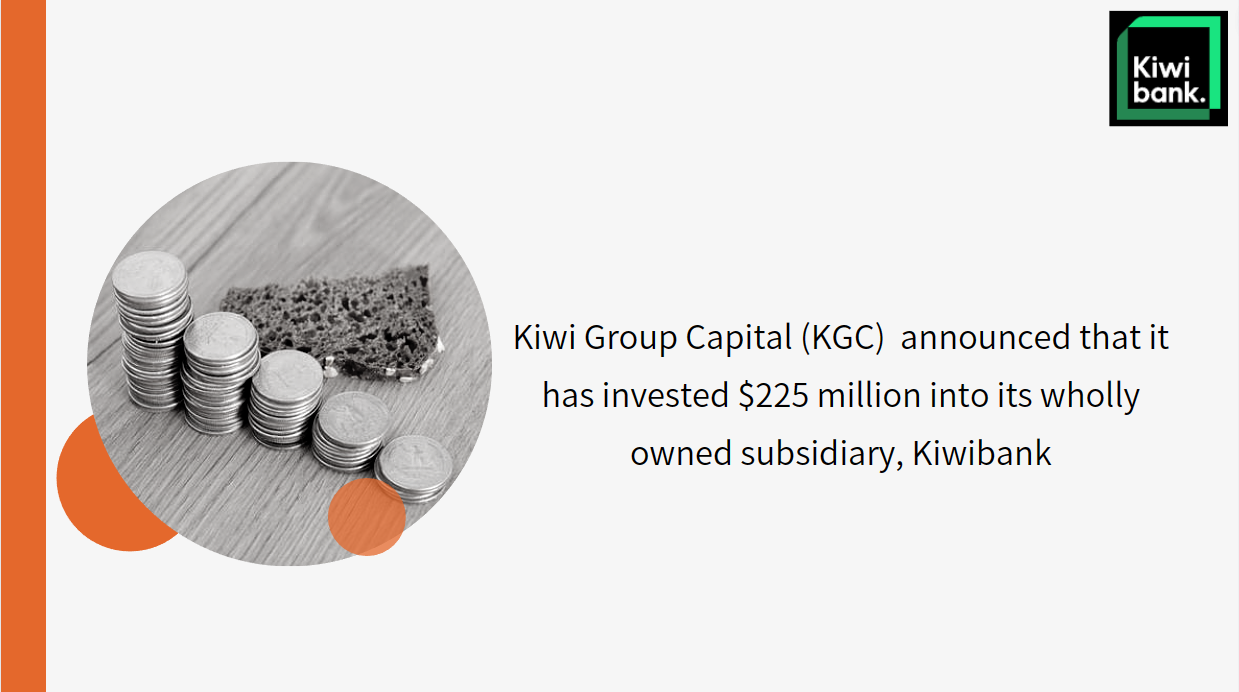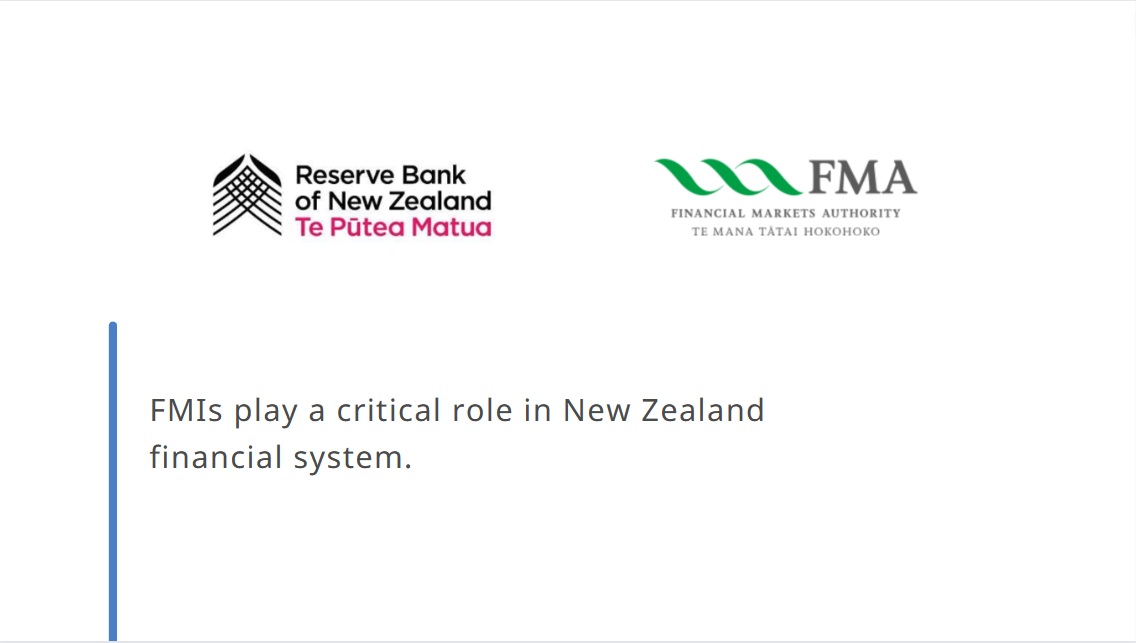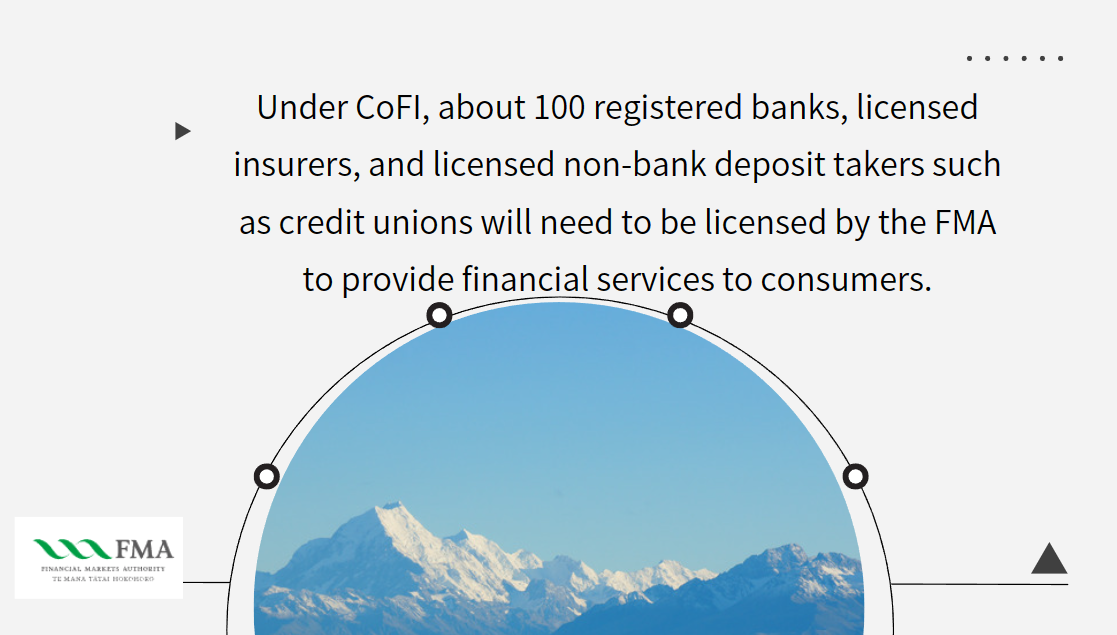Speech by Paul Gregory at the Responsible Investment Association Australasia (RIAA) Conference Aotearoa NZ 2023
No ingarangi me Kotirana oku tipuna
I tipu ake au ki Poneke
Ko tenei take mihi ki nga tangata whenua o Tamaki Makaurau
Ko Maungarei te maunga e ru nei taku ngakau
He kaiwhakahaere au Ko Te Mana Tatai Hokohoko taku tari
Ko Paul Gregory taku ingoa
No reira, tena koutou, tena koutou, tena TATOU katoa
Good morning everyone
I'd like to start with harm. Harm is the pathogen common to all poor investor and consumer outcomes. Harm is what we as a regulator try to prevent; to respond to; and sometimes punish; when and where it occurs.
In investment we're familiar with the harm from poor returns, poor risk management and poor value for money over an investment horizon.
But what about the harm to investors from discovering they have been investing counter to their values over decades. Worse, that they have been profiting from being compromised.
What's the ethical equivalent of failing your investment goal? How do you price failing to live up to your own standards? There is no offset for that. And, for today's session, how do you regulate for that harm?
I will look at that final question from two regulatory perspectives, Fair Dealing and member's interests. And I will discuss how both perspectives on harm are being made significantly more complex, for regulators and for industry, by rapid changes in expectations.
Changes in formal expectations from law and standards, certainly: but also changes in informal expectations. What it turns out your investors expect once they have scratched the surface of their portfolio and had an ethical jump scare. And what stakeholders and others lend to informal expectations to try to give them the same reputational weight as formal expectations.
Fair Dealing
First: Fair Dealing. Picking up that last point, there is significant confusion in the public arena between views of what should and should not be invested in (expectations); and what is a regulatory issue (greenwashing, which is a Fair Dealing issue).
Your investors, the voluntary standards (including RIAA standards) you may have signed up to and your stakeholders have ethical – or ethical-adjacent – expectations of varying specificity of what you should invest in and how you should do it.
A regulator does not. A regulator should not. A regulator supervises and enforces the best available proxy for New Zealand public opinion about how investing should be done, which is the applicable New Zealand laws and regulations.
A regulator certainly takes an interest in how a firm responds to the views it confronts from its investors and other sources.
Particularly, how that influences investment process and outcomes, and how both are described in disclosure, advertising and marketing. If a firm claims its investment approach reflects certain values, standards or ethics, the firm should be able to explain and substantiate those claims. Clearly and convincingly.
The firm should also have clear authorization, under its licensing conditions and policies and objectives, to make the investments it wants to make in service of those values. And the firm must have the capability to manage the investment or operational risks which arise from those choices, for example if they impact liquidity.
But if a firm decides not to respond to some, or any, values-based concerns, or to do so in a very limited way, it does not automatically have a regulatory issue for that decision alone unless it claims otherwise.
There is an overlap, but it is small. You can't invest in what is illegal to invest in, but there is very little of that. And providers of KiwiSaver default products cannot invest, for those default products, in the equities of certain armaments and fossil fuel companies. That's because that restriction is set out under the terms of the Instruments of Appointment for default products.
Other than that, the FMA is focused on the existence and the clarity, ease of location and quality of the match between rhetoric and reality. We do not make value judgements on what is right and wrong to invest in. Lawmakers aside, that is for investment managers and their investors, which brings me to member's interest.
Member's interest
It is not in member's interests to find they have been ethically defrauded for decades. That they have harmed people, animals and the environment when they had reason to believe otherwise. As I have discussed, good explanation and substantiation of an investment approach is a large part of preventing that.
But there is not a fixed catchment of unacceptable ethical harm. Ethics are personal and can shift. Typically not exchanging one concern for another, but expanding to encompass fresh concern. Some of which are based on situational factors. Controversies can be fixed.
What doesn't change is any decision by an investment manager to exclude or divest investments reduces their investors' diversification to some extent. This is also not in their interest, especially if they are unaware of it. Letting your investors know what they are in for ahead of time is the answer.
With many exclusions this is simple. A tobacco manufacture exclusion is straightforward – a company manufactures tobacco or it doesn't – and an investment manager can provide clarity to its investors about why the exclusion exists and predictability about how it will be implemented.
But recently some New Zealand investment managers have made decisions to exclude securities based on strong, adverse public reaction to geopolitical events or to public commentary by company senior management.
Now the FMA is very clear investment managers should have discretion about what factors to consider when they invest. We encourage investment managers to be very thoughtful about what constitutes potential harm or risk to investors.
But the challenge of exclusions for geopolitics or distaste is how difficult it is for the manager to anticipate when relevant events will occur, what form they will take and if, and how, their investors and stakeholders will respond to them. Which makes it far more difficult to be clear with your investors about what to expect, before you do it.
What investment managers can anticipate, however, is the need to make such judgements.
So, as well as describing the foreseeable exclusion factors – like gambling or fossil fuel extraction – investment managers will help themselves and their investors if they also describe how they will make judgements about emerging incidents. This could usefully include:























































First, please LoginComment After ~